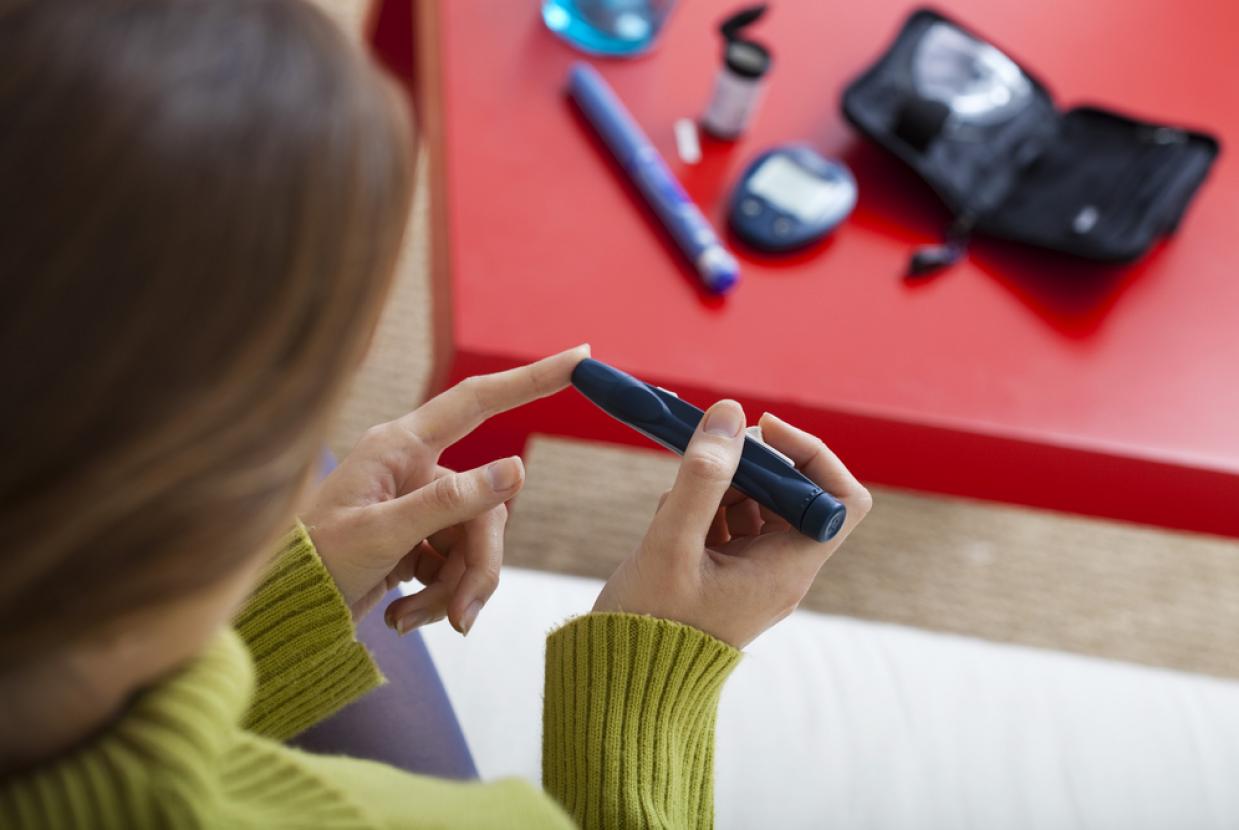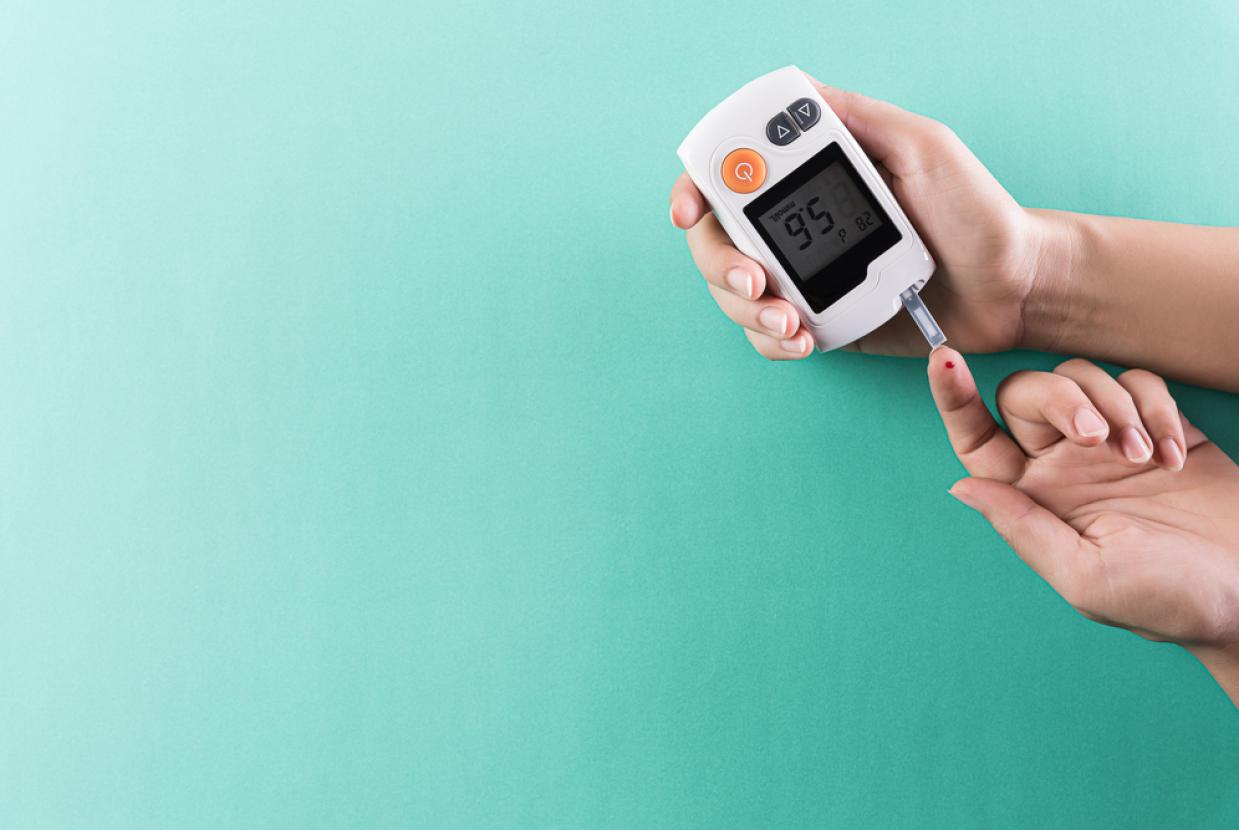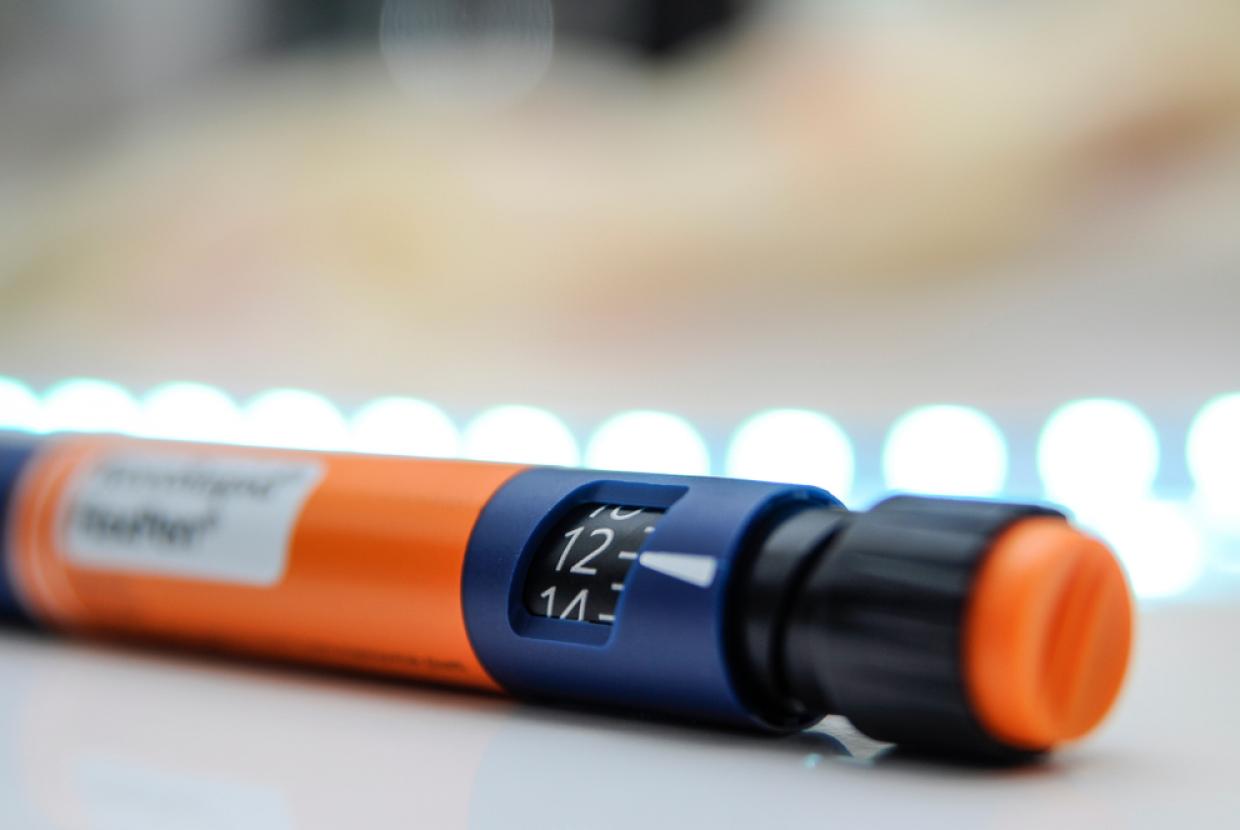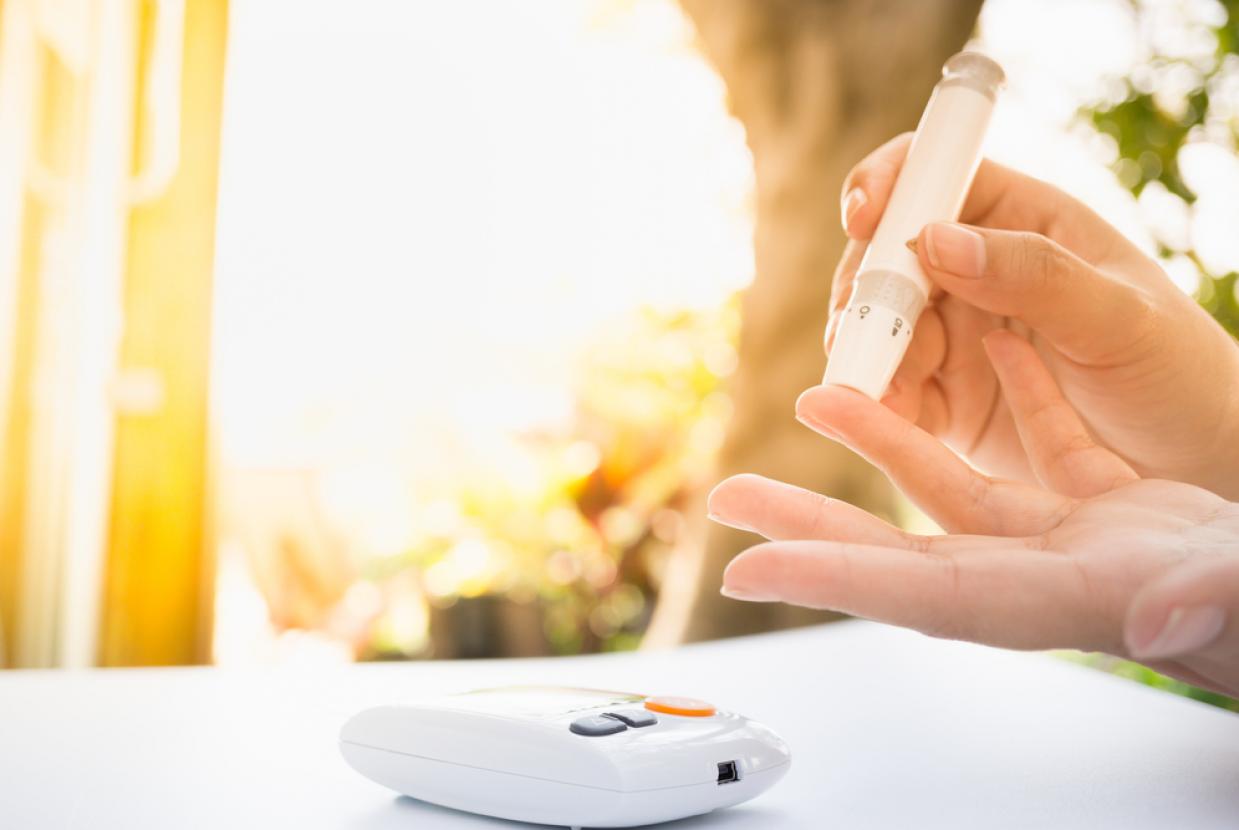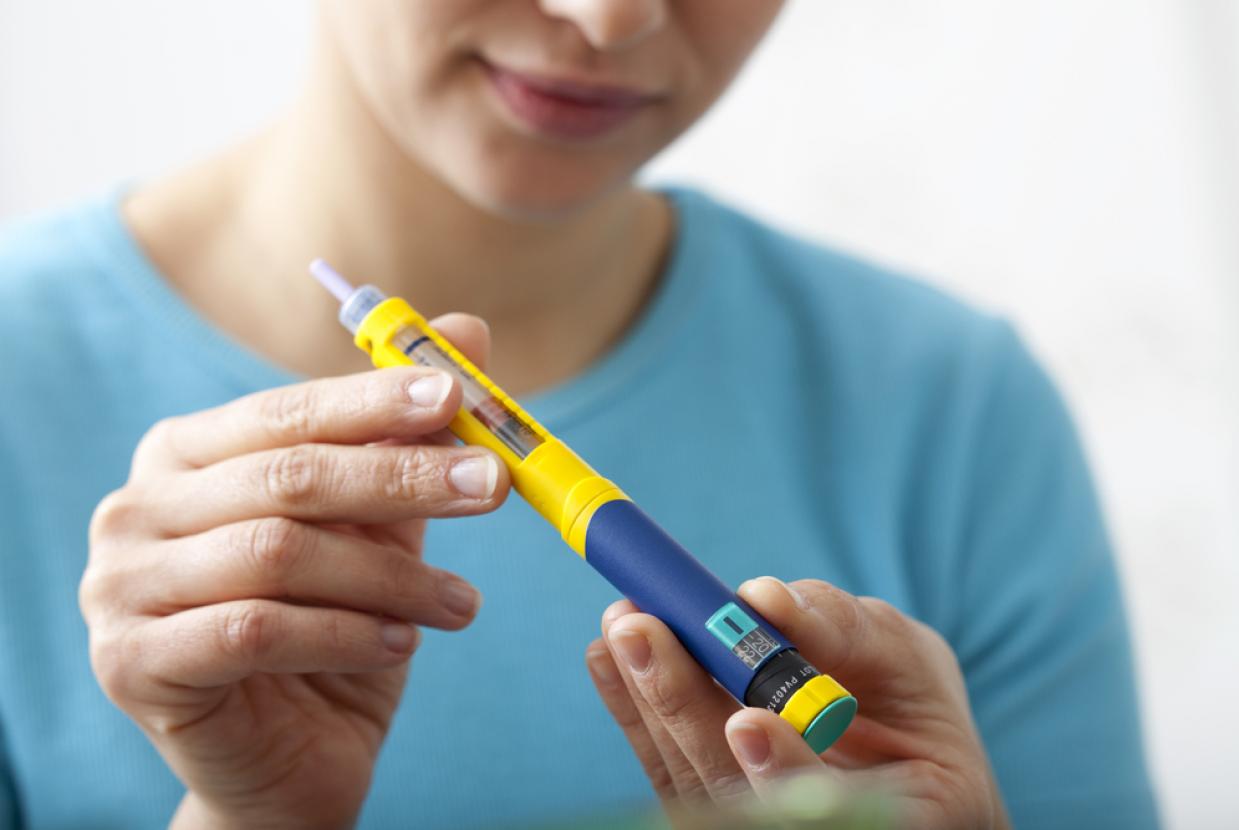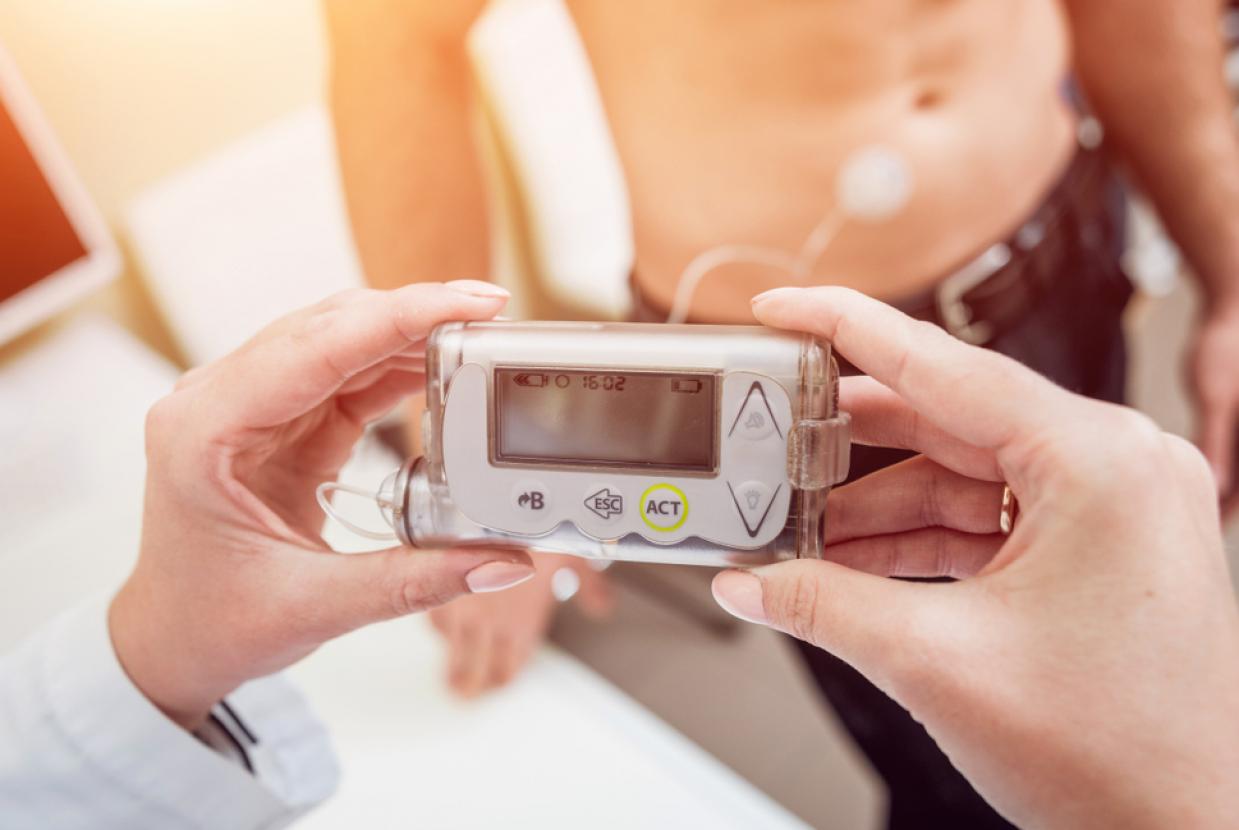Supporting Someone With Diabetes
Diabetes / Caring for someoneHow much support and encouragement someone with diabetes needs can change. It depends on many factors including the kind of person they are, how long they've had diabetes, and their physical and mental health at the time.
How much support you have to offer — or may need to give — will depend on factors like how much responsibility you have for them. It may also depend on how close your relationship is and if others are helping support too.
One way to show support is to offer to go along to diabetes healthcare appointments. This is a great way to show support and help someone remember what’s been said, particularly if they’ve just been diagnosed with diabetes, for example.
Caring for someone with diabetes
If a loved one or friend can’t manage without your help with their diabetes — and you are unpaid — you’re seen as a carer. This is different to providing support as and when needed. Often, the person you’re caring for will have other health conditions too.
If you’re finding it hard to manage practically and financially, you may need help. Find out where and how to get help in the Social care and support guide on the NHS website.
As a carer, you are entitled to go on a diabetes education course with the person you’re supporting – however long they’ve had diabetes. This will help you feel better informed about helping them look after their diabetes.
Looking after yourself
It’s important for everyone providing support or looking after someone with diabetes to look after their own wellbeing too. When life is busy and you’re thinking about others and juggling lots of other things, it can be easy to forget about yourself.
Getting support for yourself
Asking for help
It can be easy to get into the habit of supporting someone with diabetes alone. But it’s good to ask other friends and family for help sometimes so you can have time for yourself. Perhaps think if there are any specific tasks you could ask them to help out with.
It can be stressful supporting someone with diabetes, particularly if they have other health conditions too. You often don’t get a holiday from it either. If someone isn't looking after themselves and won't accept any help from you or their healthcare team, there may not be much you can do to help them. Instead, focus on getting support for yourself.
Reaching out
There are lots of people going through the same thing as you and that can be a big help. Our online forum is very popular with the partners and others supporting people with diabetes. You can use it to let off steam, share tips and get advice. And you can call our helpline for advice or a chat. Or think about joining one of our Diabetes UK local groups. They are there for everyone affected by diabetes and meet face-to-face or online. Find your nearest local group.
Practical tips for supporting someone with diabetes
See below some of the things you may need to help with at different times.
Supporting someone with healthy eating
You don’t need special food if you have diabetes. See our 10 tips for healthy eating with diabetes.
Cooking
If someone isn't able to cook for themselves, if you enjoy cooking and have time, it can be a nice way to support them.
Shopping
If the person you're supporting wants to buy and eat ready meals, help them look for the supermarket's own brand 'healthier range'.
A diet high in sugar and salt for someone living with diabetes is likely to cause dehydration. So bear this in mind if you’re helping someone shop.
Pre-packaged food tends to have added salt and sugar. So if shopping with someone, help them check the food labels. Picking food with green and amber labels rather than red will mean they are lower in sugar, salt, fat and saturated fat.
Adding veg to ready meals
Ideally, people will have some variety rather than always eating ready meals as a main meal. But if they are relying on ready meals, it’s good to encourage them to add some vegetables alongside. Most ready meals on their own will not contribute to someone’s 5-a-day fruit and vegetable serving, therefore it's important to add a serving of your own. So adding frozen or tinned vegetables can be a really quick, easy, cheap and healthy choice.
Helping someone keep active
Moving more is good for everyone but has extra benefits for people with diabetes. Taking up an activity together is one way to support them. We know that exercise can be difficult, especially if your loved one has other mobility issues — so we've got free gentle exercises, classes, planners and even physical activity advisors you can call.
How to do a foot check
People with diabetes should check their feet every day to prevent foot problems.
How to do a finger-prick test
The healthcare team will show you how to help with a finger-prick test. You can also watch how to do a finger-prick test or read the steps on our checking your blood sugar levels page.
How to inject insulin
The healthcare team will show you how to help do insulin injections. It won't hurt the person you’re supporting but will give them the medication they need.
Help spot and treat hypos (low blood sugar)
Some people with diabetes have hypos. A hypo is when someone’s blood sugar goes too low (below 4mmol/l). Hypos are more likely to affect people who use insulin or take a tablet called a sulphonylurea. To treat the hypo, you'll need to give them something sugary to eat or drink straightaway (no diet products). .
Some people don’t have obvious signs of a hypo. If you’re supporting someone that needs extra help, you may need to remind them or help them check their blood sugar more often.
People with diabetes can drive. But if they have a risk of hypos, to keep them safe, they have to check their blood sugar before they can go out in the car. If they’re not in a safe range, you may need to drive them instead or arrange transport for them.
How diabetes tech can help with hypo worry
If hypos are a worry, the healthcare team may mention use of a Flash Glucose Monitor or a Continuous Glucose Monitor (CGM). This is a small sensor worn on the back of the upper arm which sends blood sugar readings night and day to a mobile app. It connects to one or more mobile phones. So even if you don't live with someone, you can keep an eye on their blood sugar levels. A CGM also has an alarm which can be set up to go off if someone's blood sugar goes too low. This would send an alert to your mobile.
Glucose monitors don't replace finger-prick testing, but you don't have to do so many of them.
Help spot and treat hypers
If someone’s blood sugar goes too high (above 10mmol) this is a hyper. You may need to help them take their insulin or other diabetes medication. The healthcare team will talk to you about when this is needed to help bring their blood sugar level down.
Emergency care
Most people with diabetes never need emergency treatment. But it’s good to know what to do if they do. And it's helpful to keep details of their medication written down.
Tips on providing emotional support
When people find out they have diabetes, it can take them a while to accept it and start making changes. This means they may not welcome support at the start.
The way people react to their diabetes can be very different. Some people with diabetes may not like to talk about any worries they have as they may not like to make a fuss.
Letting them know you're there for them and will listen to their concerns when they are ready is a big help. Asking someone 'how they feel' or if they want to talk about something, can be a useful place to start.
Most of the time people will prefer you to listen and let them vent rather than offering advice.
If they don't want to talk to you, talking to others can be helpful. You might encourage them to chat on our online forum or speak to someone on our helpline.
Supporting someone with diabetes burnout
Sometimes the relentlessness of living with diabetes can become too much. They may start to feel like they’re failing in looking after their diabetes. This is called diabetes burnout, which is different to depression.
They may stop looking after themselves or their diabetes. Do ask what you can do to help. This may include speaking to their diabetes healthcare team with them. You could ask if they can be referred to a counsellor.
Supporting people with more complex emotional problems
If someone has serious mental health problems the diabetes healthcare team can't help with, make an appointment for them with the GP and go with them. You can ask for a referral to mental health services.













